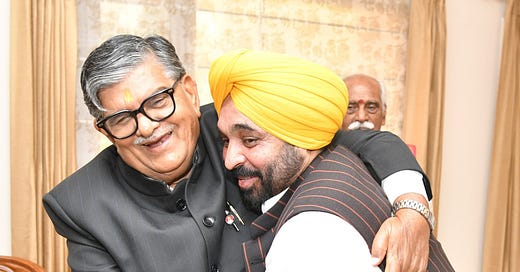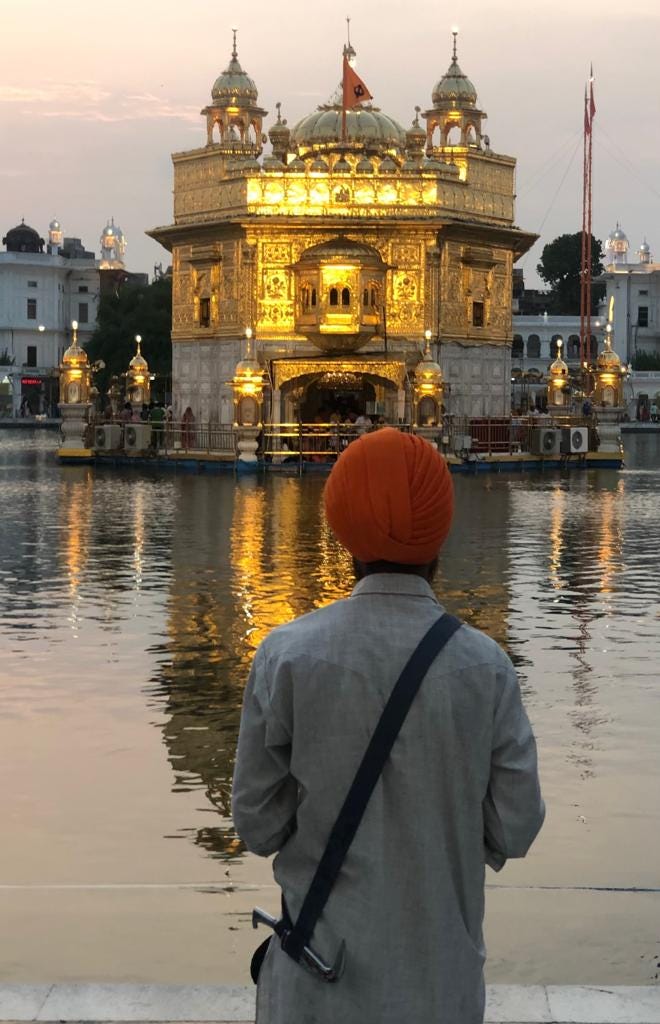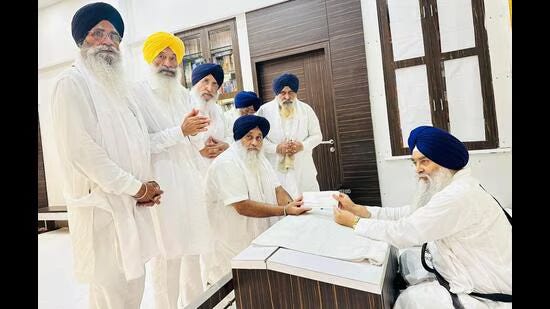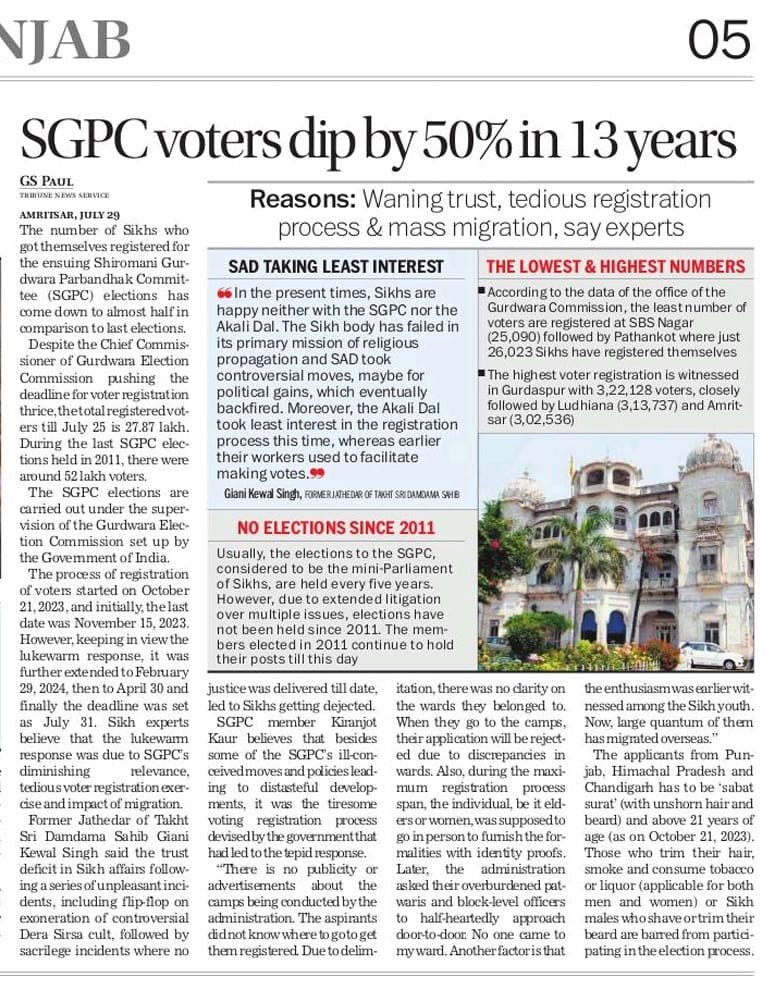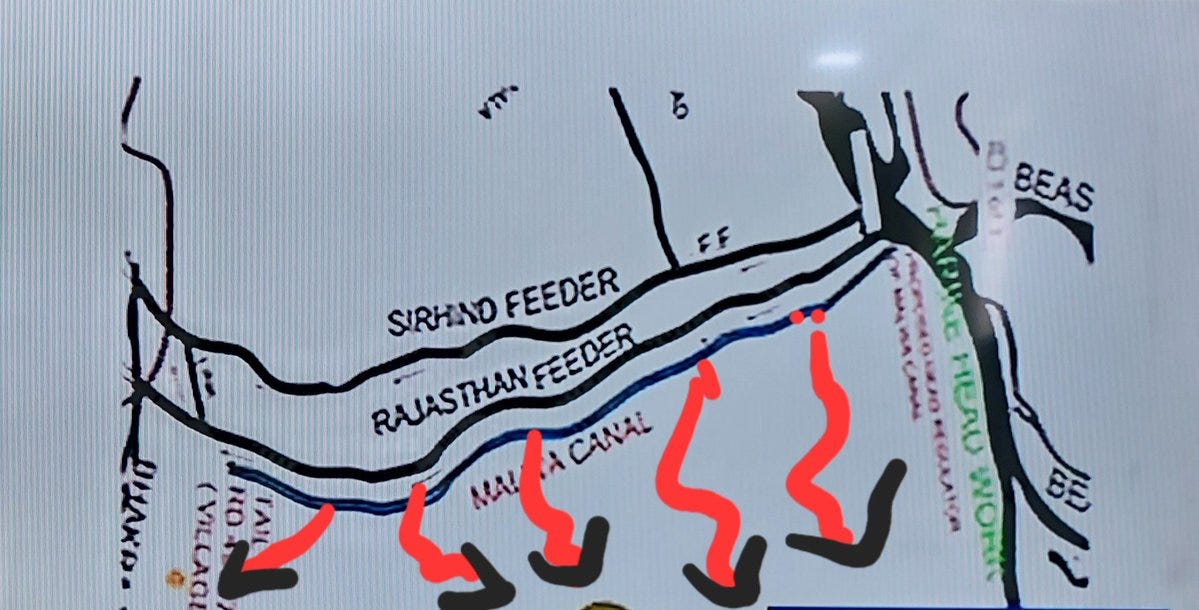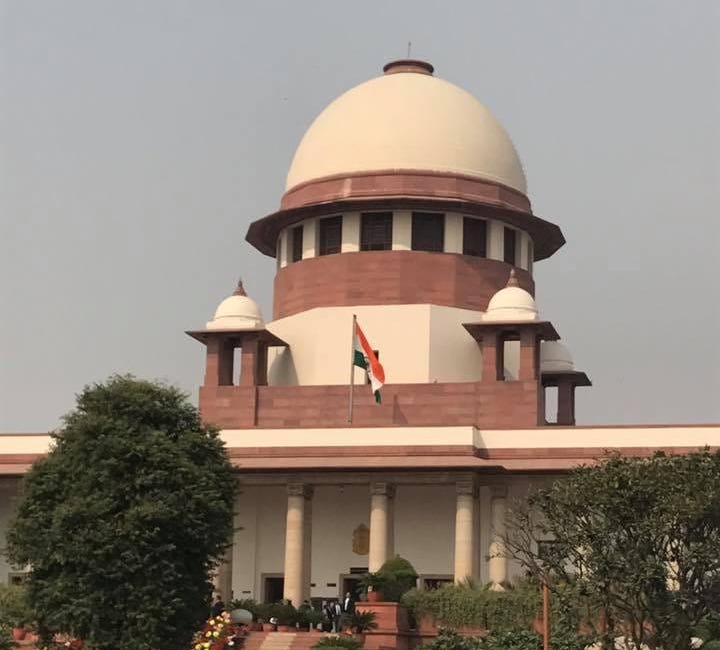Political Kaleidoscope of Punjab: A Lot Can happen in a Week
An Eventful Turbulent Week in Punjab's Politics
A lot can happen in a week in politics. While things may appear placid on the surface, a perceptive observer with an ear to the ground can discern numerous undercurrents and subterranean stresses. We summarise the developments of the past week that not only grabbed headlines but also have the potential to shape the political narrative, if not the landscape, in the coming months.
Governor and CM Dynamics
The relationship between Punjab Government, led by Chief Minister Bhagwant Mann, and the previous Governor, Banwarilal Purohit, was fraught with tension. Issues ranged from seemingly trivial activities like summoning sessions of the Punjab Vidhan Sabha to the approval of legislative bills passed by the assembly. The Punjab Government often found itself at odds with the Governor, even taking the matter to the Supreme Court of India on multiple occasions. The Apex Court's sharp comments highlighted the need for the Governor to either grant his consent, return the bill for reconsideration, or, if sees it as contravening any of the es central laws, reserve it for the President's assent.
Controversies also erupted over the appointment of vice-chancellors, with debates on whether the Governor should merely rubber-stamp decisions or exercise independent judgement, as the Chancellor of the state universities. In his final weeks, Governor Purohit's insistence on visiting border areas accompanied by the Chief Secretary and the DGP was met with indirect objections from the CM. Although the exact reasons for Purohit's resignation remain unclear, his parting advice, or shall we say shot, to handle state affairs seriously and not like a drama was notable.
The new Governor, hailing from Rajasthan, brings a wealth of political experience— having been an 8-time MLA, Minister as well as Leader of Opposition— and a better understanding of Punjab's culture and psyche. His previous tenure as Governor of Assam provides him with substantial experience in gubernatorial responsibilities. Initial remarks and photo opportunities suggest a potential for more cordial relations between Punjab Raj Bhawan and the Punjab Civil Secretariat. However, the reality of this relationship will unfold in the coming weeks and months.
Crisis within Shiromani Akali Dal
The Shiromani Akali Dal (SAD), led by its beleaguered president Sukhbir Singh Badal, is grappling with internal crises. On July 30, 2024, eight prominent leaders, including Bibi Jagir Kaur, former president of Shiromani Gurdwara Parbandhak Committee (SGPC); Prem Singh Chandumajra, former MP; Parminder Singh Dhindsa, former minister; Sikandar Singh Maluka, former minister; Surjit Singh Rakhra, former minister; Gurpartap Singh Wadala, former MLA; Surinder Singh Thekedar; and Charanjit Singh Brar, SAD president's political advisor, were expelled from the party's primary membership for alleged "anti-party" activities. This decision was taken by the party's disciplinary committee, headed by SAD secretary general Balwinder Singh Bhundar. Meanwhile, the SAD General Secretary and Sukhbir’s brother-in-law, Bikram Singh Majithia, continues to maintain a studied silence on party matters. However, he has boldly tweeted against both the Modi government in Delhi and the AAP regime in Punjab.
The disciplinary action has raised questions about Sukhbir's moral authority, if not his legitimacy, as the party president. This comes even as the Jathedar Akal Takhat is seized of Sukhbir’s own reply and the final verdict has yet to be delivered in the totality of the matter. Further, fresh accusations of orchestrated apologies from Dera Sach Sauda Chief and allegations of manipulating not just party affairs but also direct interference in the decisions of the Jathedar of Akal Takht, the supreme temporal authority of the Sikhs, for personal and political gains have further muddied the waters.
While Sukhbir has denied these allegations, the party's future remains uncertain. The emergence of new political voices, such as Sarabjit Singh the newly-elected Lok Sabha MP from Faridkot, who hints at forming a new political entity post-Amritpal Singh's release, adds to the complexity of Punjab's political landscape.
SGPC Elections and Voter Registration Issues
The Shiromani Gurdwara Parbandhak Committee (SGPC) elections are mired in controversy due to low voter registration. The extension of the registration deadline from July 31st to September 16th reflects the challenges faced. The retrospective 2016 Parliamentary amendment, which imposes conditions on voters—such as that male Sikhs must maintain unshorn hair and not shave or trim their beard—has led to a sharp drop in the registration of eligible voters to 27.87 lakhs, a significant decrease from the 2011 benchmark of 52 lakhs. In the latest figure, a disproportionate number of voters are women. The litigation around these conditions, initiated by the Sehajdhari Sikh Party and currently pending in the Punjab and Haryana High Court, further complicates the scenario.
The SGPC, while a statutory body managing historical Sikh Gurdwaras in Punjab, Himachal Pradesh, and UT Chandigarh, is widely perceived as a mini-Parliament of Sikhs (Haryana has now its own statutory Gurdwara Committee1). The upcoming elections, whenever held, will signal which Akali Dal faction commands the trust of Punjab's Sikh community. However, the continuous extensions in registration deadlines indicate a reluctance by all stakeholders to hold elections soon. Since the General House of the SGPC continues to be the one constituted after the 2011 elections, it may not be unjustified to assert that the current SGPC is a non-representative body. An early election, post the resolution of the Sehajdhari Sikh voting rights matter, would be the right way forward.
Malwa Canal and River Water Disputes
Malwa Canal: A Strategic Political Move
Chief Minister Bhagwant Mann's announcement of the Malwa Canal is seen as both a strategic political move and an important development project. Many view it as a political masterstroke, designed to win over farmers in the Malwa region while highlighting the inefficiency or unwillingness of the Badal family to execute a project that would have directly benefited their hinterland. This canal project, the first in over two decades, aims to irrigate water-efficient areas the Malwa region, where the water table has continued to fall. However, questions about water availability in the Ravi-Beas system and the feasibility of land acquisition pose significant challenges. The Rajasthan Feeder Canal, which carries virtually all its water to Rajasthan, adds to the contentious nature of this project. Technical experts have raised concerns about the topography on the left bank of the proposed Malwa Canal, which is higher by about 20 to 25 feet, making irrigation difficult except in the immediate vicinity of the new canal.
Technical and Political Hurdles
Apart from the technical challenges, the project will likely face significant objections from Rajasthan, which wants to preserve its 8.60 MAF allocation from the Ravi-Beas system as per the Eradi Tribunal Award, along with its pre-partition usage of 1.11 MAF. This raises the critical question: if Rajasthan's share is preserved, where will the extra water come from? Will it reduce irrigation in the command area of the Sirhind Feeder canal, which irrigates approximately 3.6 lakh hectares in Ferozpur and Fazilka districts of Punjab? Additionally, Haryana is expected to launch litigation in the Supreme Court, similar to its actions regarding the Shahpur Kandi Dam Project. The compensation to landowners, calculated under the New Land Acquisition Act of 2014, which mandates a rate four times the Collector rate in rural areas, adds to the financial burden. Hefty "severance charges" and the construction of bridges for village access further complicate matters.
The project thus requires not only financial resources, engineering expertise, and land-acquisition prowess but also deft political handling and inter-state negotiations. Without these, costly litigation is likely. This canal project also stirs the contentious issue of river water sharing, particularly with Rajasthan, making its successful execution a complex endeavour.
Financial Strains and the Finance Commission's Visit
Strained Finances
The visit of the Central Finance Commission to Chandigarh and Amritsar was a golden opportunity for the state to make a strong case for grants to address Punjab's strained finances. The state government is seeking a special financial package to alleviate its fiscal distress, an effort supported by all opposition political parties in Punjab. This move underscores Punjab's concerted efforts to find remedies for its financial woes while making eloquent political points. Punjab's fiscal challenges necessitate urgent attention and cooperation between the state and central governments. However, the Central Finance Commission's template is rigid, offering little flexibility to favour Punjab. With the cessation of GST compensation from the Central Government effective from June, Punjab faces a potential annual revenue deficit of at least Rs 20,000 crore, making a hefty revenue deficit grant from the Commission crucial.
Political Dynamics of NITI Aayog and Financial Reforms
NITI Aayog, on the other hand, does not grant or approve projects, and the Punjab CM's absence from the meeting, though justified on political grounds, does not aid in securing additional grants from the Government of India. Contrastingly, NDA alliance partners in Andhra Pradesh and Bihar have recently secured substantial packages in the Union Budget, which partly motivated the boycott by INDI-alliance CMs, including that of Punjab. Regardless of these political dynamics, Punjab needs proactive and bold reforms to achieve a sustainable budget. Without significant financial restructuring, not only will development projects suffer, but there could also be delays in the payment of staff salaries, exacerbating the state's financial crisis.
In Summary
Punjab's political landscape is in a state of flux, with various factions and issues vying for attention. The relationship between the Governor and the CM, the internal strife within SAD, the contentious SGPC elections, and the announcement of the Malwa Canal project are all pivotal developments. Amidst these challenges, moments of pride, such as Sarabjot Singh's bronze medal in shooting at the Paris Olympics, provide a glimmer of hope. It is crucial for all stakeholders to come together and chart a path for Punjab's balanced development, fostering constructive cooperation with the central government. Whether this unity will be achieved, and under whose leadership, remains to be seen.
Did the Supreme Court err in the SGPC-Haryana Case?
Supreme Court’s Verdict: The verdict of 20th September, 2022 pronounced by the Supreme Court of India[1], upholding the constitutional validity of the Haryana Sikh Gurdwaras (Management) Act, 2014[2], in our opinion, is not only erroneous and unconstitutionally incorrect but also significantly undermines the unpa…

